Taoist Yoga & Chi Kung for Better Health, Good Sex & Long Life "A Guide To Taoist Yoga & Chi Kung"
What is your Greatest Possession? Do you believe that it's your house, or your car or your jewelry? Is it your collection of fine stamps or rare coins or your investment portfolio? Possessing any or all, these things can improve the quality of your life. But could any, them truly be called your greatest possession?
Maybe you believe that your greatest possession is not actually thing at all. Maybe it's your sense of humor or your charm. Maybe it’s your personality or your golf swing. May be its the well-tuned ear, the music lover or the well-trained nose and tongue of the wine expert or gourmet. Maybe it's some talent you have that makes you unique.These are our possessions too. And although any of them can help to define who we are or who we think we are, can any of them truly be called our greatest possession?
Maybe you believe that your greatest possession is your job, or your drive to succeed. Maybe it's your thirst for knowledge or your ability to communicate. Maybe it's your ability to read. Maybe it's your television set.
Each person has different possessions that help to define who are what they are. Your greatest possession may be something you don’t even have yet but are sure you will someday obtain. It may be your religious belief. For some it's their family, for others, the respect their peers.
Your greatest possession can mean different things to different people. It would certainly be difficult to get people to agree on any one thing or quality that all people would consider to be their greatest possession.
Our concept of our greatest possession is based on many variables. How we were brought up, who our parents were, and what values we were given are certainly important. Whether we were raised in a big city or small town or on a farm or in the mountains isolated from society would all play a major role in determining our concept of what is our greatest possession.
The perfect baseball swing of a boy raised in the United States would be of little value to a boy raised in India.
When we seek a definition of what is our greatest possession, we must arrive at something that has a more universal acceptance.
We may possess great riches but, if we become seriously ill we realize that good health is more valuable than dollars. And although being rich may help us to get better medical treatment, it is our health itself which is ultimately a greater possession than money or things.
We may possess many talents but, if we are seriously depressed or mentally ill, we cannot appreciate them. If you lose your mental well- being or know someone who has, it is easy to see that all the riches in the world are meaningless or worthless if your mind "is not intact.
So health and mental well-being are certainly universally recognized as great possessions. But, even underlying these two is something more basic. It is something we take with us everywhere we go. It is some- thing we can lose or sacrifice, it is something we can waste or give away. It is also something that we can make great use of and take great care of. Ultimately, it is our greatest possession. It is our life.
Your life is your single greatest possession. If you lose it, all your other possessions or talents are worthless to you. If you are dead, then the concept of possessing something becomes meaningless. Your memory may live on in your family and friends. The things you have accumulated during your life will pass on to your heirs, but without life, you possess nothing.
Life is thus our greatest possession and it is also our greatest gift. We received life from our parents and we possess the ability to create life in our children. This is a great and wonderful gift-the gift of life. And life itself is ultimately a great mystery Our science still cannot tell us where life comes from and where life goes when it is over. The source of life really defies logical explanation. Call it God, or nature, or Tao. Ultimately, we are faced with the unanswerable question of where God came from or how nature could conceive itself. All we can say with certainty is that life exists here on planet Earth and that humans appear to be the highest form of life on our planet.
Life itself has two basic functions. From the point of view of nature, the function of life is the preservation of the species. In the greater scheme of things, the continuation of the human race through the process of reproduction is more important than the preservation of Individual life. However, from the point of view of us individuals, self- preservation is our greatest possession.
We carry our life around with us in the vehicle we call our body In order to preserve our body, we must breathe and receive nourishment.
In order to be truly human, we must also nurture another aspect of life which is called consciousness. Humanity has the gift of awareness of the world and universe around us. This is what separates humans from all other forms of life. We can think creatively. We can question our existence. We create languages and writing and mathematics. We are aware of our emotions and have created laws defining good and evil, what is acceptable and unacceptable in our society.
As we reach the end of the twentieth century, science and medicine have succeeded in extending life expectancy and eradicating many dangerous diseases. We also benefit from the exchange of ideas about health and longevity from all over the world.
Western medicine is still relatively young. Its emphasis has been more on curing illness than prevention. As we head into the twenty first century, we will find that the healing arts and sciences will expand in scope to encompass new and old ideas from all over the world.
To that end, I dedicate this book. In it, I will write about the healing, longevity, rejuvenation and sexual techniques originally developed by the Taoists in ancient China. Many of the Taoist practices have just begun to be revealed in the West. Until the late 1970s, there were virtually no Tao Masters in the West. The Taoists lived in China, often in remote locations. They had no reason to ever leave China until the Taoist practices were suppressed during the Communist Revolution and even more violently during the Cultural Revolution in the late 1960s.
Those who were able fled mainland China for other parts of the Orient. From Taiwan, Hong Kong, Thailand, etc., the teachings were spread first to the Chinese communities and then to the population at large. Eventually, the teachings arrived in America in the form of Tao Masters such as Mantak Chia and Hua Ching Ni, Taoist practices were renewed in China in the 1970s as the government came to realize that so much of the Taoist cultural inheritance had virtually been annihilated in China. Taoist exercises called Chi Kung are now practiced all over China. Tai Chi Chuan is practiced in parks every morning by millions of Chinese. Medical doctors in China learn Taoist techniques. Scientists and universities study the Life Force Energy called Chi in hopes of better understanding the mysteries of life. A new generation of Chinese Chi Kung masters have appeared, some of whom have been allowed to travel to the West and teach.
I was fortunate to begin studying with Master Mantak Chia in 1981 soon after his arrival in the West from Thailand. I have continued my studies until the present time, not only with Master Chia but with numerous practitioners, masters and students from all over the world. In this book, I will do my best to cut through the technical aspects of the practice. Of course, it will be necessary to explain the basic Taoist concepts of health and longevity which have a definite Oriental mindset. However, the techniques and practices are universal in appeal and require no prior knowledge of Chinese philosophy, science or medicine.
The approach will be practical and I will try to keep things as simple as possible. Simplicity is a Taoist virtue. I am obviously not Chinese. I cannot speak or read Chinese. I am a Western man \ has studied and practiced Taoist techniques for more than twenty years. My aim here is not to explain the workings of the Oriental mind to the West, but rather to bring many highly beneficial heath rejuvenation, longevity, and sexual techniques out into the open so that people from all walks of life can learn them and live Ion healthier and more enjoyable lives.
There are many excellent books on the market that explain who Taoists were, give their history and legends and explain their beliefs If you are interested, by all means go out and read them. In the pre book, I will keep the background to a minimum. One word of caution though: there were 'many different Taoist schools of thought. Many teachings are open to different interpretations and points of view If read too much, all at once, you're apt to get confused with all the differing viewpoints. Remember to keep things simple.
The Taoist practices are not religious. They comprise physical mental exercises that are often quite different from those we are to in the West. To the Taoists, long life and good health were primary concerns.' Many of the exercises and practices are simple and easy to perform. This book is a practical approach to the healing, sexual, rejuvenation venation, and longevity techniques of the Taoists. The Taoists sought to extend life as long as possible. Possessions and material wealthy not necessarily shunned by the Taoists but life was definitely t greatest possession.
The Taoist techniques of health, rejuvenation, longevity and sexuality are great possessions. Once you learn them, you can take them with you wherever you go. They require no special equipment or paratus They are fully portable but weigh nothing. In their ability to transform and rejuvenate your life, maintain your health, increase your longevity and improve your sex life, they could well beet your most precious possession.
Get it now and save 10%
BECOME A MEMBER

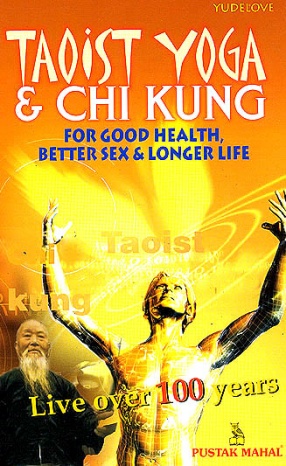
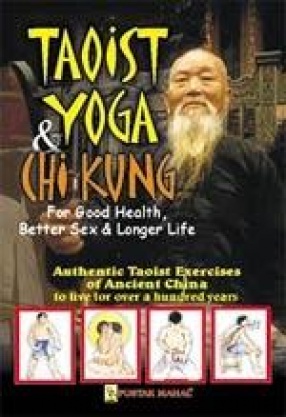
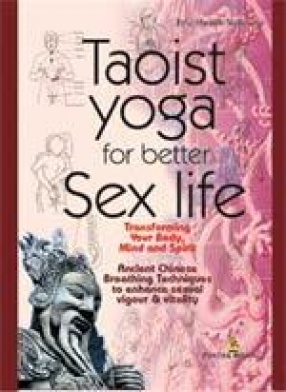
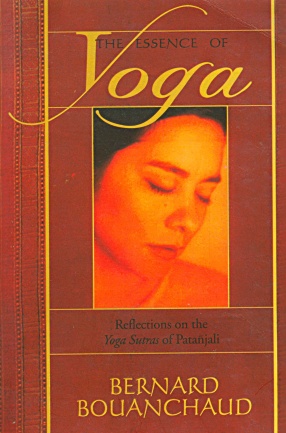

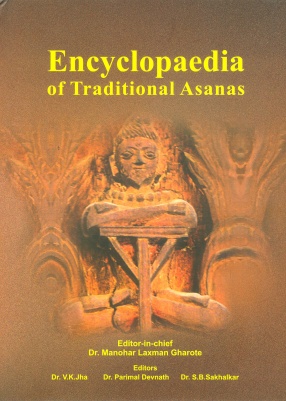
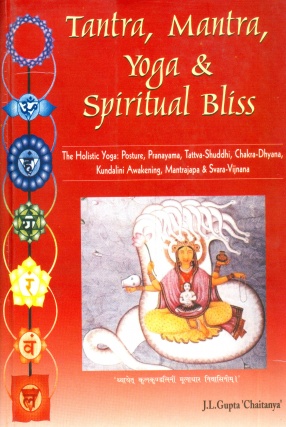

Bibliographic information